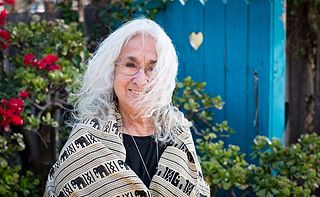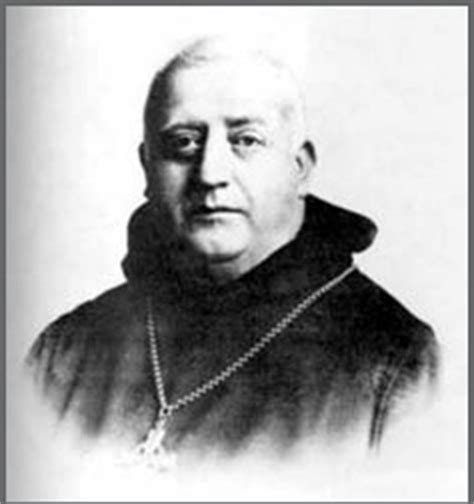A Quote by Criss Jami
When we find that God's ways always coincide with our own ways, it's time to question who we're really worshipping, God or ourselves.
Related Quotes
When we find that God's ways always coincide with our own ways, it's time to question who we're really worshipping, God or ourselves. The latter moves the nature of godliness from the King to our servant to a slave, a deduction into the realm of selfhood and then the lower, slavehood. It's a spiritual mathematics in that men who need God in his godhood are humble yet strong and spiritually ambitious while men who need a slave in their selfhood are ultimately paralyzed and will remain paralyzed.
Isaiah 55 provides an entirely different framework for thinking about God's justice, because it suggests that we have it backward - the mystery lies not in God's unfathomable wrath but in his unfathomable mercy. God's ways are higher than our ways because his capacity to love is infinitely greater than our own. Despite all that we do to alienate ourselves from God, all that we do to insult and disobey, God abundantly pardons again and again.
We want to be God in all the ways that are not the ways of God, in what we hope is indestructible or unmoving. But God is the most fragile, a bare smear of pollen, that scatter of yellow dust from the tree that tumbled over in the storm of my grief and planted itself again. God is the death agony of the frog that cannot find water in the time of the drought we created. God is the scream of the rabbit caught in the fires we set. God is the One whose eyes never close and who hears everything.
God comes right out and tells us why he gives us more money than we need. It's not so we can find more ways to spend it. It's not so we can indulge ourselves and spoil our children. It's not so we can insulate ourselves from needing God's provision. It's so we can give and give generously (2 Corinthians 8:14; 9:11)
When all of our idols are taken away, all our securities and defense mechanisms,
we find out who we really are. We’re so little, so poor, so emptyand a shock to ourselves. But the Biblical God takes away our shame,
and we are eventually able to present ourselves in an honest and humble form.
Then we find out who we really are and who God is for usand it is more than enough. That is how an enslaved people became God’s people, Israel.
We must be ready to allow ourselves to be interrupted by God, who will thwart our plans and frustrate our ways time and again, even daily, by sending people across our path with their demands and requests. We can, then, pass them by, preoccupied with our important daily tasks, just as the priest-perhaps reading the Bible-passed by the man who had fallen among robbers. When we do that, we pass by the visible sign of the Cross raised in our lives to show us that God’s way, and not our own, is what counts.
Worshipping the Lord means giving him the place that he must have; worshipping the Lord means stating, believing-not only by our words- that he alone truly guides our lives; worshipping the Lord means that we are convinced before him that he is the only God, the God of our lives, the God of our history.
Worshipping the Lord means giving Him the place that he must have; worshipping the Lord means stating, believing - not only by our words - that He alone truly guides our lives; worshipping the Lord means that we are convinced before Him that He is the only God, the God of our lives, the God of our history.
God has made us humans in God's own image. So therefore the highest way to talk about God is by some kind of analogy with ourselves. So, naturally, if we who are finite and sinful suffer in multiple ways because of sin and evil and the horrible things that happen in our world, how much more does God, who is infinite, sinless, and knows the totality of all that happens to everybody, suffer pain and heartache at the suffering of his human and non-human creation - and be angry at all that causes it?
God knows what is my greatest happiness, but I do not. There is no rule about what is happy and good; what suits one would not suit another. And the ways by which perfection is reached vary very much; the medicines necessary for our souls are very different from each other. Thus God leads us by strange ways; we know He wills our happiness, but we neither know what our happiness is, nor the way. We are blind; left to ourselves we should take the wrong way; we must leave it to Him.
The ways of God are entirely different from our ways. To us it seems necessary to employ powerful means in order to produce great effects. This is not God's method; quite the contrary. He likes to choose the weakest instruments that He may confound the strong: "God chose what is weak in the world to shame the strong - Infirma mundi elegit ut confundat fortia".
So we didn't get the denominations and the separate congregations really till about into Civil War time. What's happened then, of course, is now that we've had well over 100 years of this history to establish separate cultures, different ways of worshipping, and different ways of understanding theology so that when people try to come together makes it very difficult. And then, of course, social networks, you know, how do we find a place to worship?





































